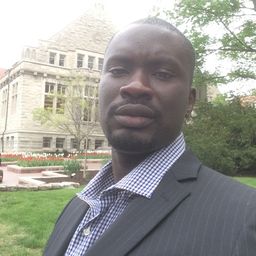Heritage Ontology and Preservation Problems in Saint Louis of Senegal
Mon statut pour la session
This paper offers an ethnographic study of heritage experiences, what I call “heritage ontology,” at the community level in Saint Louis, Senegal. By ontology here, I mean the lived experiences of a textual or abstract reality. Heritage, being constructed through discourse and text, nevertheless, it exerts its effects on people and generates responses from them. This paper seeks to answer the following questions: why and how does the colonial legacy manifest itself in Saint Louis? To what extent do postcolonial people’s aspirations for modernity, in light of/despite the existing poverty facilitate or hinder the heritage conservation policies? Moving from a less epistemological approach to a more ontological consideration of heritage, this study participates in the debates around the legitimacy of preserving colonial legacies in an ex-colony. It unravels the multivocality of the heritage ontologies characteristic of heritage sites in general, and postcolonial contexts, in particular. My focus on multivocality attends to visitors, discourses, memories, nostalgia, and how they shape heritage dynamics in a postcolonial context. Everything outline above boils down to showing processes of heritage inscription, interpretation, and conservation. I will argue here that there is a much more complex interaction around the listed heritage than it usually is defined and idealized in official heritage narrative of governments and specialized institutions like UNESCO. Despite official attempts at codifying the heritage, it escapes bureaucratic control, and becomes a performative tool in the hands of actors, and stakeholders. These actors subjectivize how they choose to engage with it, rendering the heritage futures unpredictable and evasive. the values local people attach to heritage are often different from, although not necessarily less important than values ascribed by historians, archeologists, government officials, and tourism developers. I suggest that an understanding of this performative quality of heritage, its diffuseness, is needed to alleviate less favored communities who are often left behind by the institutional measures, but also to constantly redirect pre-conceived policy towards aspect outside the bureaucratic loop. Ethnography, if wedded with public interest approaches a combination of advocacy and research, could aid in illuminating those invisibilities.
